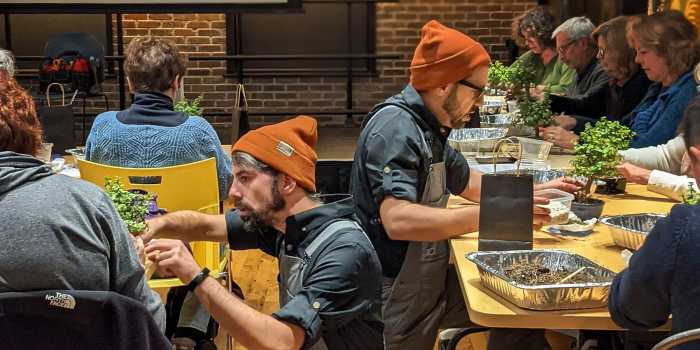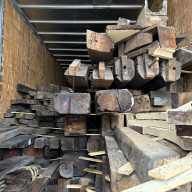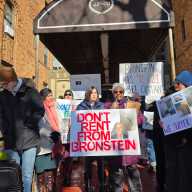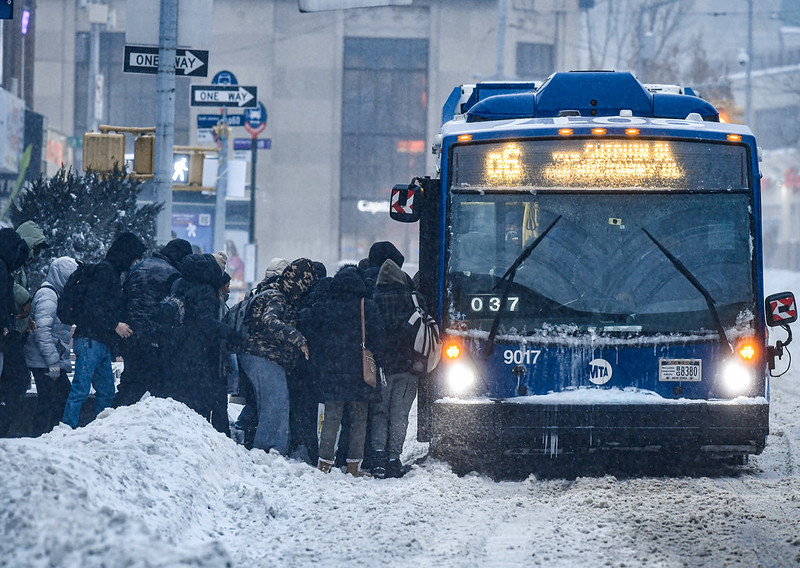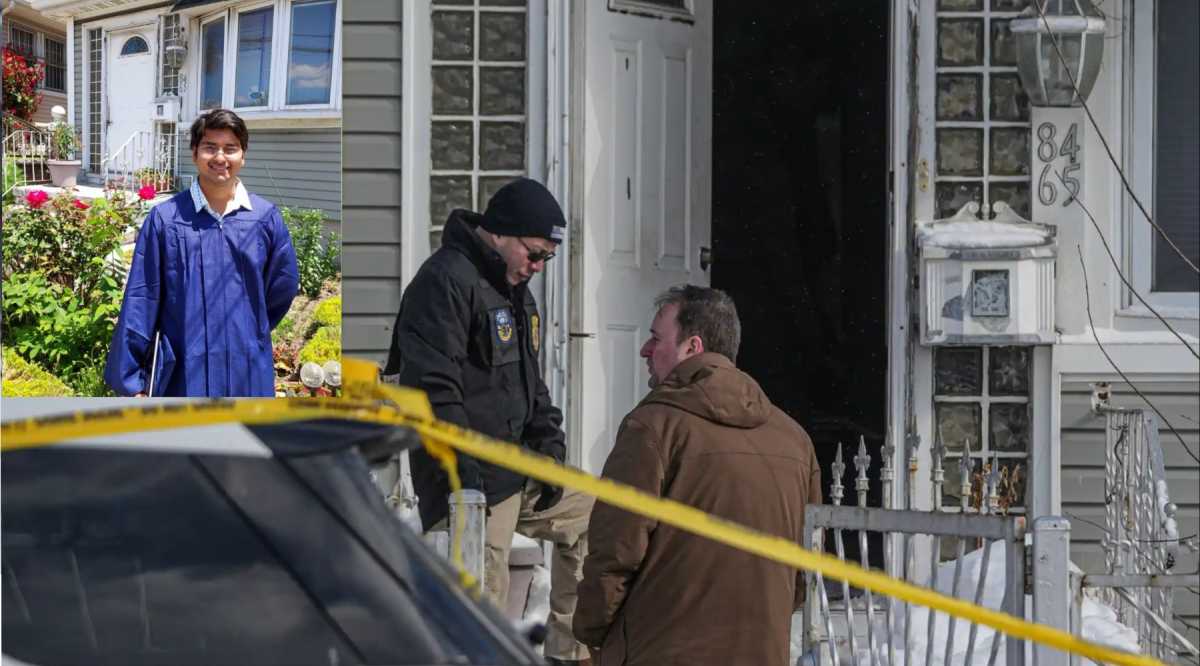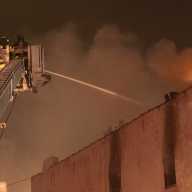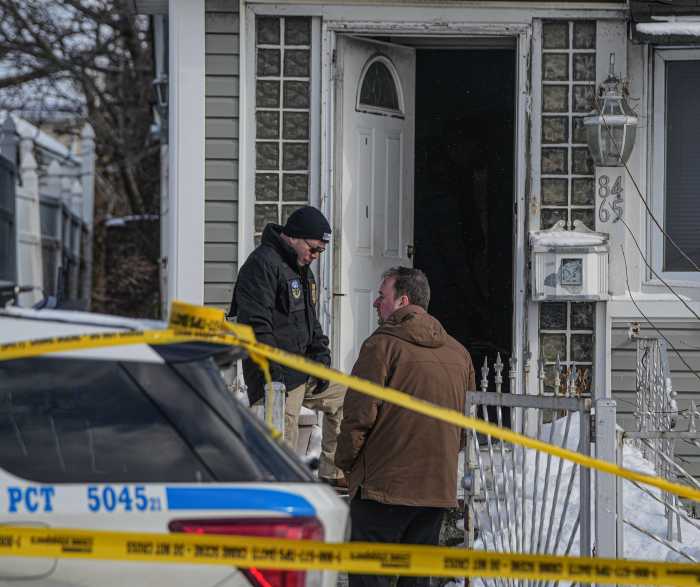A panel of elected officials and the intergovernmental and community affairs official from the Department of Buildings (DOB) discussed issues regarding 3-1-1 phone calls and the seemingly slow response by the DOB to inspect suspected illegally converted homes at the Kissena Park Civic Association (KPCA) meeting at Mary’s Nativity Parish Center on September 30.
“Illegal converted apartments are dangerous and degrades our quality of life,” said Joe Amoroso, KPCA zoning chair who spoke about an unusually high number of complaints being filed via 3-1-1 regarding homeowners illegally renting their basements in violation of local zoning laws. Over a period between October and December of 2009, thousands of complaints were filed, each one requiring a DOB inspector to investigate.
“Many areas are just being inspected by the DOB now, almost a year later . . . As a result of this back up, many serious violation that are being reported cannot be promptly investigated, putting the public in danger or exposed to a poor quality of life,” said Amoroso.
An issue that panelists Marilyn Bitterman of Community Board 7 (CB 7), Eugene Kelty, Jr., chair of CB 7, State Senator Frank Padavan, Assemblymembers Dan Halloran and Rory Lancman and Councilmember Peter Koo candidly discussed was frivolous and irresponsible use of 3-1-1 phone calls that can be made anonymously.
“If I call in a complaint to the buildings department against my next door neighbor, it should be my responsibility to speak up and say who I am and give them my address and telephone number,” said Bitterman, who hopes legislation will be passed in the City Council requiring names and phone numbers of complainants. Kelty would have no problem doing away with 3-1-1 all together.
“I’m not a big believer in the 3-1-1 system . . . [3-1-1] diminishes how a community board operates,” said Kelty, who is frustrated that community boards do not play enough of a role in resolving complaints in the community. “I am a firm believer in civic associations, business associations and block associations because they are eyes and ears. If they don’t tell us [about complaints] then we can’t help you.”
When a complaint is made to the DOB, inspectors are required to make a visit to the home in question, though residents are not required to invite them inside. DOB inspectors can only demand entrance into a home suspected of being illegally converted if they are in possession of a search warrant.
“[The DOB] will never get a warrant from an anonymous complaint no matter what they tell you,” Halloran bluntly said to the nearly 100 residents and civic members in attendance, adding that less than 100 warrants were issued out of the thousands of complaints in the city last year.
Anthony Illiano – an intergovernmental and community affairs official from the DOB – addressed the association, discussing how the DOB addresses specific issues concerning zoning, building codes regarding bedrooms and kitchens in basements and 3-1-1 complaints before answering questions from local residents. Most residents had questions concerning why they received fines, why they were being forced to make corrective modifications to their homes or to express their frustration with neighborhood issues.
“We need to know specifics,” said Illiano. “Every problem is different and unique.”
For more information about illegally converted homes, visit www.nyc.gov/buildings.



